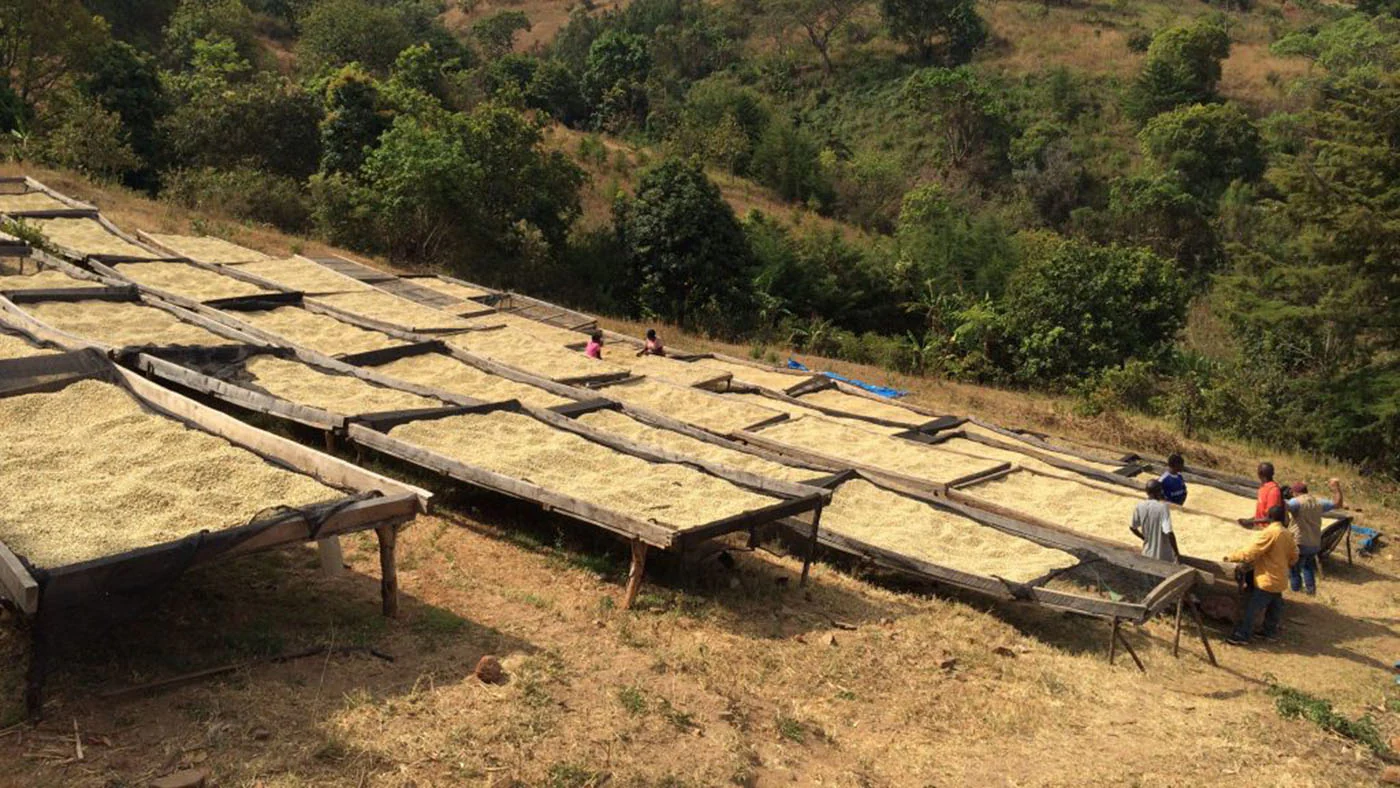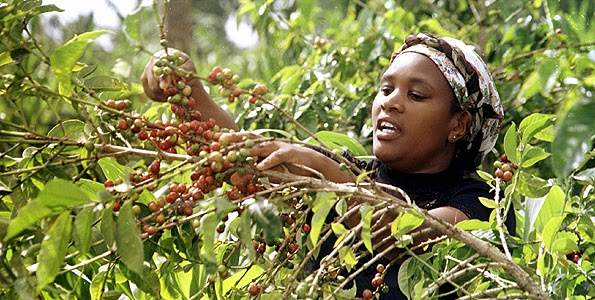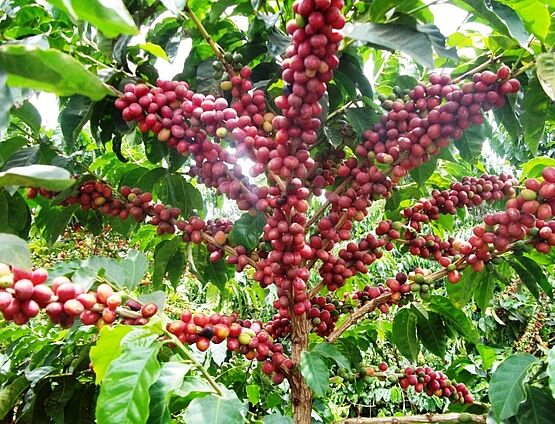Why Importers Trust Tanzania Coffee

Ideal Growing Conditions
Tanzania’s coffee thrives in fertile volcanic soils, high altitudes (1,000–2,000m), and a mild tropical climate. These natural conditions produce beans with a unique flavor profile that importers know will stand out in the global market.-
Distinct Cup Profiles
From the bright, fruity notes of Mbinga and Kilimanjaro Arabica to the smooth, full-bodied blends of other regions, Tanzanian coffee offers consistency, complexity, and balance – qualities international roasters and buyers look for. -
Handpicked & Carefully Processed
Coffee is still largely hand-harvested by smallholder farmers, ensuring only ripe cherries are selected. Many beans are washed, sun-dried on raised African beds, and sorted by hand – a level of care that guarantees quality. -
Heritage & Reputation
Tanzania has been producing coffee for over a century, and regions like Mbinga, Kilimanjaro, and Arusha are recognized worldwide. Importers trust this history of reliability and consistency. -
Sustainability & Community Impact
Most Tanzanian coffee comes from small family farms. Buying Tanzanian coffee supports sustainable livelihoods, education, and healthcare in rural communities – giving importers confidence they are part of an ethical supply chain. -
Government & Cooperative Support
The Tanzanian Coffee Board and farmer cooperatives work hand-in-hand to maintain quality standards and transparency, building long-term trust with global importers.

